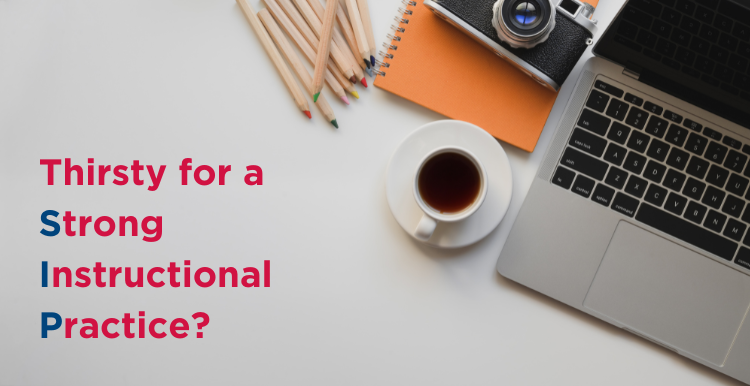

One in four adults has a disability. If you are one of them, you may have considered disclosing your disability to your students. The popular image of professors as absent-minded but neurotypical and nerdy but able-bodied can make us feel like we are the only ones who are different. We can see academia’s assumption that everyone is able-bodied and that all brains work the same way in classroom design, rigid class-participation policies and lab or activity instructions that rely on abstractions. These assumptions are called ableism.
Take a SIP of this
Disclosing (or not) a disability to students
The decision of whether to disclose a disability is never a simple one. There are many factors any individual with a disability must weigh in deciding about disclosure, and there is no one-size-fits-all answer. Here are some considerations that faculty members making this decision might want to consider:
Disability is stigmatized in society in general and often even more so in academia, which can impact disclosure decisions. When providing accommodations to students is seen as “lowering the bar,” a faculty member who needs accommodations can be seen as being held to a lower standard. We already know that implicit bias results in lower student evaluations for faculty members from oppressed populations. Revealing a disability can influence student evaluations, which can in turn impact retention, tenure and promotion. For that reason, a tenured full professor may feel more able to disclose than an associate or affiliate.
On the other hand, disclosing can help students see the fallacy in the stigma. Students who have a professor who they know is disabled may have their implicit biases challenged in a productive way.
Disclosing as a professor can give disabled students a role model. Many faculty members who disclose experience an outpouring of positive support and gratitude from students. Disabled students may feel more welcomed and included in class when they know their professor is also disabled. A professor who discloses can help create a culture of acceptance. It’s a powerful way to indicate to students with disabilities that they belong in academe.
The negative impacts of disclosing are not spread equitably across everyone. Disability intersects with other oppressed identities, so a Black female associate professor may make a different decision about disclosing than a white male full professor.
The decision is a tough one. Disability Studies scholar Annika Konrad calls the exhaustion that disabled people experience from having to regularly educate others about their disability and needs and then potentially face negative consequences “access fatigue.” Access fatigue is real.
Ultimately, the choice is yours to make. Even in the case of having a very apparent disability, needing no disclosure, you still get to decide what you want to say about it. You can explicitly talk about your disability or you may not ever directly address it; either option is fine.
You get to decide whether to disclose, and you don’t have to disclose to an entire class or every semester. You might disclose to one student who has disclosed their disability to you or you might disclose to one class but not all. You can go big and make an announcement in class or you can be more subtle by putting a note in your email signature.
Ultimately, whether you disclose or not, practicing anti-ableism will help create an environment in which all disabled people benefit and can feel more comfortable disclosing. We can call on the University to take a more active stance on normalizing disability. Karly Ball, in a piece in Inside Higher Ed, argues that not supporting faculty members in disclosing their disabilities undermines efforts to support students with disabilities:
Still thirsty? Take another SIP of disclosing (or not) a disability to students
- “What Her Body Taught (Or, Teaching about and with a Disability): A Conversation” by Brenda Jo Brueggemann, Rosemarie Garland-Thomson and Georgina Kleege
- “On Rhetorical Agency and Disclosing Disability in Academic Writing” by Stephanie L. Kerschbaum
- “Six Ways to Fight Ableism”
Visit the Well at http://sites.msudenver.edu/sips/ for more great ideas and resources for Strong Instructional Practices in your higher-education classroom.

